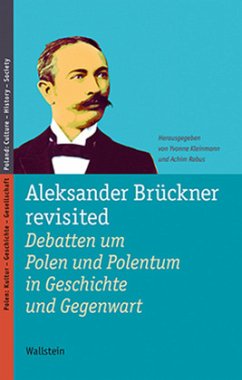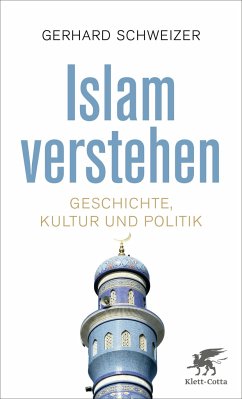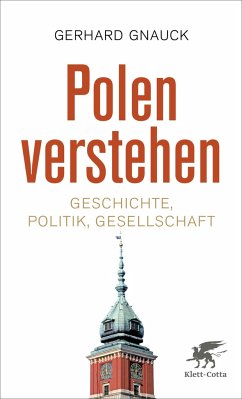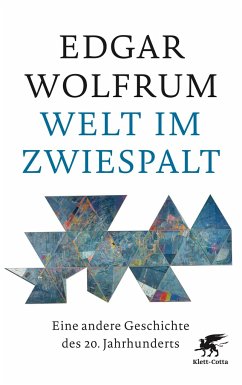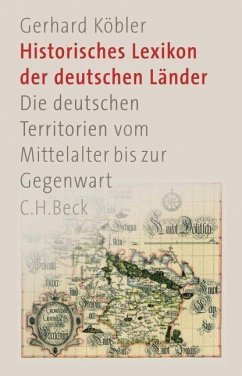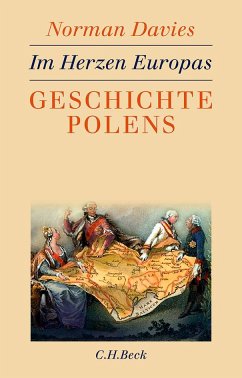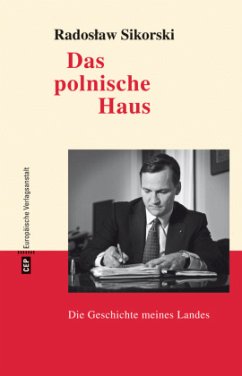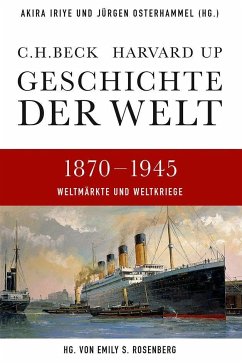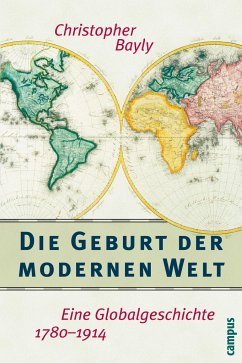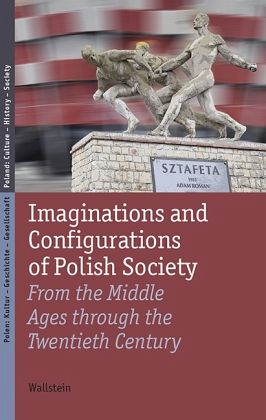
Imaginations and Configurations of Polish Society
From the Middle Ages through the Twentieth Century
Herausgegeben: Heyde, Jürgen; Hüchtker, Dietlind; Kalwa, Dobrochna; Kleinmann, Yvonne; Nalewajko-Kulikov , Joanna; Steffen, Katrin; Wislicz-Iwanczyk, Tomasz
Versandkostenfrei!
Versandfertig in 2-4 Wochen
36,90 €
inkl. MwSt.

PAYBACK Punkte
0 °P sammeln!
Analysen zum wechselnden Verständnis von Gemeinschaft und Gesellschaft in tausend Jahren polnischer Geschichte.Polen ist ein europäisches Gemeinwesen, das auf eine gut tausendjährige Geschichte zurückblickt, doch variierten Territorium, Herrschaftszusammenhänge und Bevölkerungsstruktur im Laufe der Jahrhunderte stark. Gesellschaftliche Entwicklungen und Differenzierungen lassen sich daher mit Kategorien nationaler Geschichtsschreibung nur unzureichend erfassen.Die Autorinnen und Autoren rücken die staatliche Perspektive bewusst in den Hintergrund und richten den Blick auf wesentlich kle...
Analysen zum wechselnden Verständnis von Gemeinschaft und Gesellschaft in tausend Jahren polnischer Geschichte.Polen ist ein europäisches Gemeinwesen, das auf eine gut tausendjährige Geschichte zurückblickt, doch variierten Territorium, Herrschaftszusammenhänge und Bevölkerungsstruktur im Laufe der Jahrhunderte stark. Gesellschaftliche Entwicklungen und Differenzierungen lassen sich daher mit Kategorien nationaler Geschichtsschreibung nur unzureichend erfassen.Die Autorinnen und Autoren rücken die staatliche Perspektive bewusst in den Hintergrund und richten den Blick auf wesentlich kleinere politische, soziale oder kulturelle Einheiten. Konzeptioneller Ausgangspunkt ist die Frage nach wechselnden Vorstellungen von Gemeinschaft und Gesellschaft: Nach welchen Kriterien wurde die Zugehörigkeit zur politischen und kulturellen Elite jeweils bestimmt? Welche alternativen oder konkurrierenden Vorstellungen von Gemeinschaft gab es? Wie wirkte sich Migration gesellschaftlich aus? Wie organisierten sich politisch marginale Gruppen? Welche Bedeutung hatten politische Systemwechsel auf der lokalen Ebene?Der Band erscheint in englischer Sprache.Studies in shifting ideas of community and society throughout a thousand years of Polish history.As a European polity, Poland can look back on more than a thousand years of history. Over the centuries, however, its territory, contexts of political power, and demographic structure have varied greatly. The authors maintain that these societal developments and differentiations cannot be clearly discerned through a national or macro-political lens, and as such have kept the perspectives of nation and state in the background, focussing instead on considerably smaller political, social, or cultural units.The conceptual impetus for this volume has generated questions about how people within Polish society imagined their world, and how such perceptions, images, and ideas of community and society have changed over time: Did shifts in political power have an impact on local communities? What were the criteria that determined membership in the political or cultural elite? What alternatives or competing ideas of community can be identified? How were ethnic boundaries defined? Were multiple loyalties part of political culture? In what ways did socially or politically marginalized groups organize themselves? How did war and migration influence social change?
Dieser Artikel kann nur an eine deutsche Lieferadresse ausgeliefert werden.



